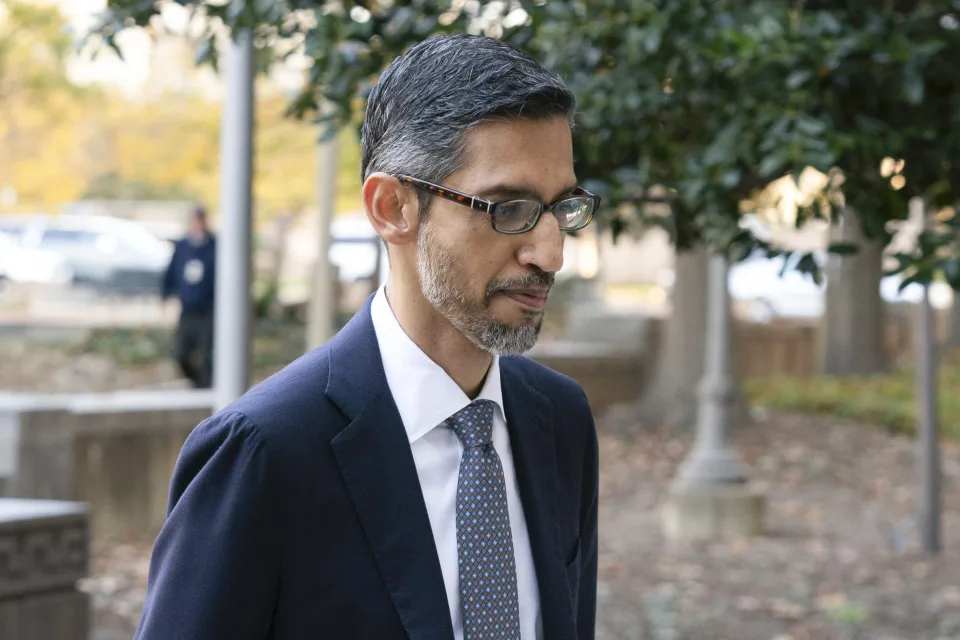The legal outcome of Epic Games’ lawsuit against Google differs significantly from its courtroom battle with Apple. In this case, a federal jury has ruled in favor of the video game developer, determining that Google has violated US antitrust laws in its operation of the Play Store. According to The Verge, the unanimous decision concludes that Google maintained an unlawful monopoly over app distribution and in-app billing services for Android devices. Furthermore, the jury found Google’s distribution agreements with other gaming companies and its arrangements with device manufacturers to pre-install its apps on Android devices to be anticompetitive.
Epic’s complaint asserted that Google had discreetly paid game developers substantial sums, totaling hundreds of millions of dollars, to ensure the availability of their titles on the Play Store under an initiative originally known as “Project Hug.” Epic alleged that Google paid Activision Blizzard $360 million to abandon plans for a competing app store, a claim denied by the game developer. Google, according to Epic, introduced the incentive program after releasing Fortnite outside the Play Store and reportedly entered into agreements with Nintendo, Ubisoft, and Riot Games.
The jury has determined that Epic Games suffered adverse consequences due to Google’s actions. However, the exact impact of this victory on Google’s practices remains unclear. In a statement shared on X, Epic Games CEO Tim Sweeney mentioned that the court will commence “work[ing] on remedies” in January. Judge James Donato, overseeing the case, will decide whether to compel Google to permit developers to establish their own app stores and billing systems for Android devices. In contrast, in Epic’s lawsuit against Apple, the court concluded that the iPhone manufacturer did not violate US antitrust laws but directed the company to allow App Store developers to guide customers through third-party payment systems.
Victory over Google! After 4 weeks of detailed court testimony, the California jury found against the Google Play monopoly on all counts. The Court’s work on remedies will start in January. Thanks for everyone’s support and faith! Free Fortnite! https://t.co/ITm4YBHCus
— Tim Sweeney (@TimSweeneyEpic) December 12, 2023
In a statement released on its website, Epic hailed its victory as “a triumph for all app developers and consumers worldwide,” asserting that they have successfully demonstrated that “Google’s app store practices are unlawful, leveraging their monopoly to impose excessive fees, stifle competition, and hinder innovation.” The statement also emphasized the pressing need for legislation and regulations to address the dominant influence of Apple and Google over smartphones.
On the other hand, Google is not yielding easily. Wilson White, Google’s VP for Government Affairs and Public Policy, informed Engadget that the company plans to contest the verdict. White stated, “Android and Google Play offer greater choice and openness than any other major mobile platform,” adding that the trial highlighted their robust competition with Apple and its App Store, as well as other app stores on Android devices and gaming consoles. He emphasized Google’s commitment to defending the Android business model and maintaining a strong dedication to users, partners, and the broader Android ecosystem.




